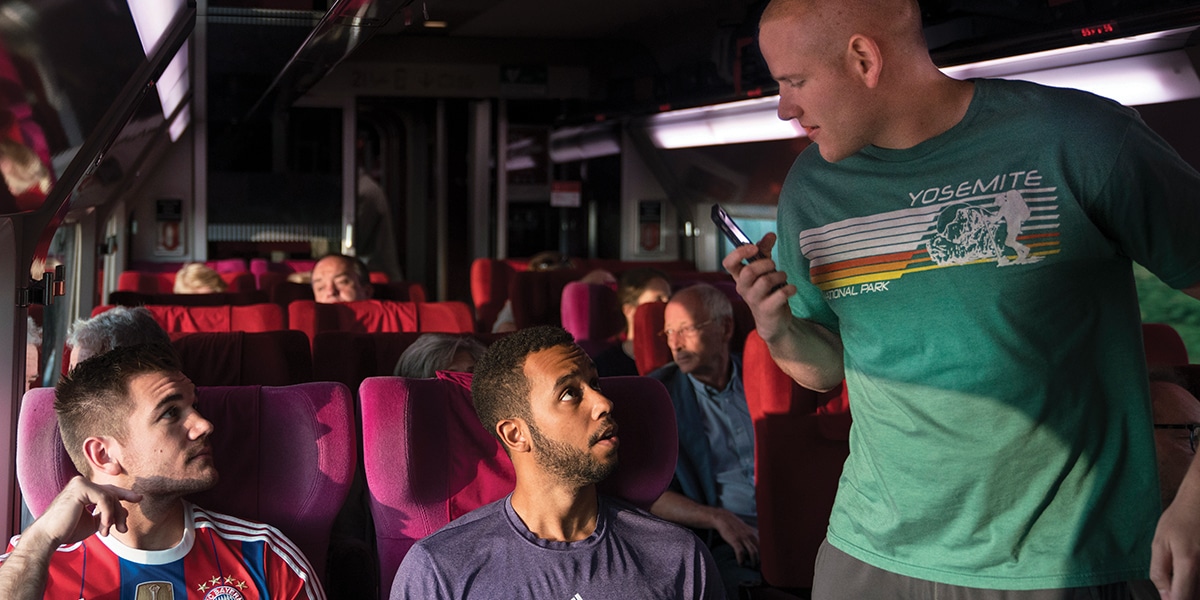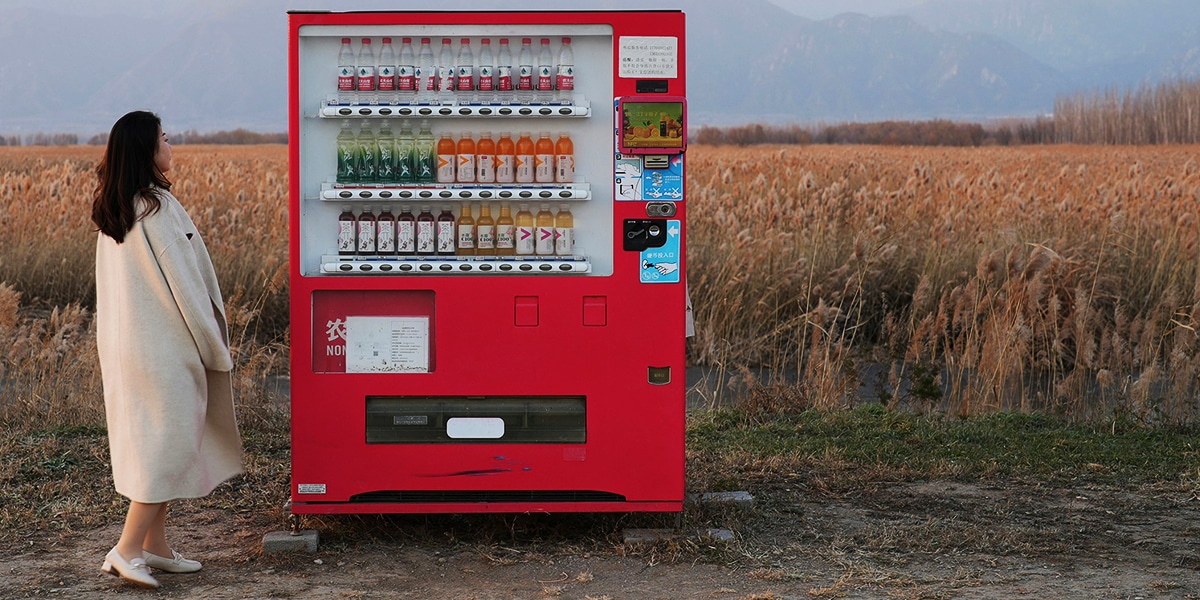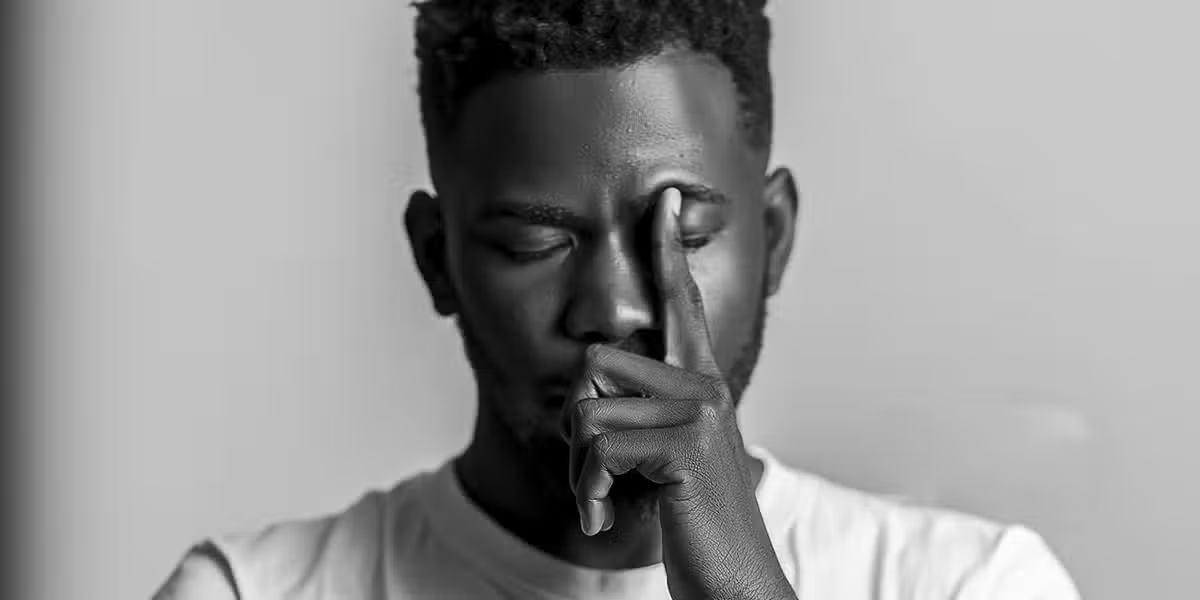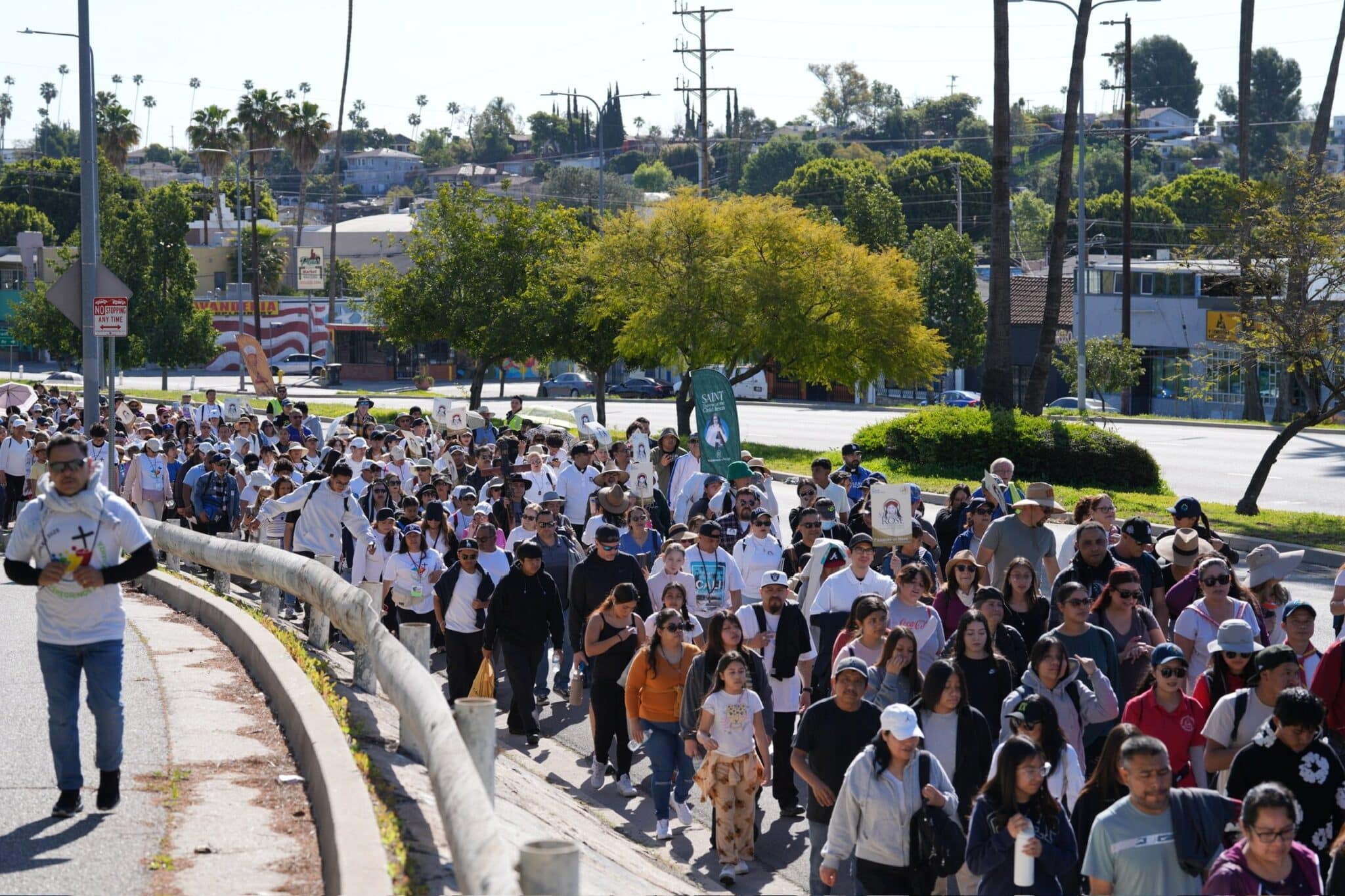The 15:17 to Paris
Alek Skarlatos, Anthony Sadler, and Spencer Stone, friends since childhood, are grown and backpacking through Europe in July 2015. Alek is in the National Guard and on leave from his boring life as a security guard in Afghanistan. Spencer is in the Air Force. He is trained in survival, evasion, resistance and escape, martial arts, and wrestling. Anthony is finishing college.
Spencer, in a thoughtful mood, asks Anthony when they are in Venice if he has ever felt that their lives are moving toward something big and meaningful. He gets his answer when the three friends take the train from Amsterdam to Paris.
They hear shots and people screaming. Spencer confronts Ayoub El Khazzani (Ray Corasani), a 25-year-old Moroccan, who comes out of the bathroom with an assault rifle. They are unarmed, but work to subdue him, as do three other passengers. Their fast acting that day saved the lives of more than 500 people without firing a shot.
Clint Eastwood’s direction is unadorned. The film is based on true events and the three lead actors play themselves. The approach befits a film that tells a story about ordinary people who do extraordinary things when called upon by unexpected circumstances.
A-3, PG-13, Peril, violence, guns.
Paul, Apostle of Christ
In AD 64, Rome is burning. Emperor Nero blames the destruction on the Christians living there. He imprisons the aging apostle Paul (James Faulkner) and any other Christian he can capture.
Luke (Jim Caviezel), who wrote about Jesus’ life even though he never met him, sneaks into prison to hear any messages Paul might have for the frightened Christian community, which is headed by Aquila (John Lynch) and Priscilla (Joanne Whalley). It is obvious that Paul’s days are limited, so Luke asks him to dictate the story of his conversion and the formation of Jesus’ early community of followers in what will become the Acts of the Apostles.
The Roman procurator, Mauritius (Olivier Martinez), is intrigued by Paul, but still orders him to be flogged. When Mauritius’ daughter is taken ill, he must decide to trust the Roman gods or take a chance on Luke, an aged healer. Meanwhile, Aquila and Priscilla are conflicted about staying in Rome: Do they remain to care for the community or flee to preserve the community? Paul offers no help: He trusts that they will remember his words about love, peace, and nonviolence, and discern the best thing to do.
Paul, Apostle of Christ is written and directed by Andrew Hyatt, who also wrote 2015’s Full of Grace. Here he imagines what Paul might have been like, physically and spiritually, at the end of his life. Faulkner does a brilliant job of portraying the former persecutor of Jesus’ followers. Caviezel, in a welcome change from his more solemn performances in film and television, is an animated friend and scribe to Paul.
Those who are interested in exploring what the personality of St. Paul might have been like will certainly appreciate this film. I was impressed by how the script integrated lines from Paul’s letters into believable dialogue. This technique often comes out heavy and preachy, but here it seems natural.
Not yet rated, PG-13, Violence and peril.
The Dating Project
Kerry Cronin, PhD, philosophy professor at Boston College, noticed a few years ago that her students were not dating because they didn’t know how. She gives her class an unusual assignment. Twice each term, they must ask someone out on a date. It doesn’t have to be a grand gesture—coffee and conversation could be the first date. This new documentary from Paulist Productions and Family Theater is a fascinating look at five adults, ages 18 to about 40, who have never dated or have chosen not to for various reasons.
The film is a direct challenge to the hookup culture of casual sex that can leave people lonelier than ever. Dr. Cronin offers levels to dating that open up ways to see how authentic and mature relationships can begin and develop. The five subjects in the film are open, funny, and vulnerable, and genuinely want to find the right person to build a life. Dr. Cronin’s project reveals the lie of popular culture that tells us who we are, what we should look like, and who we should be.
As I watched the film, it brought to mind Pope John Paul II’s “Theology of the Body.” The film succeeds in addressing respect for the human person in relationships and marriage, and is sure to spark important conversations. The film’s honesty, humanity, and humor will inspire young people and encourage parents to talk about things that matter before their children leave the nest.
Not yet rated, Mature themes.








